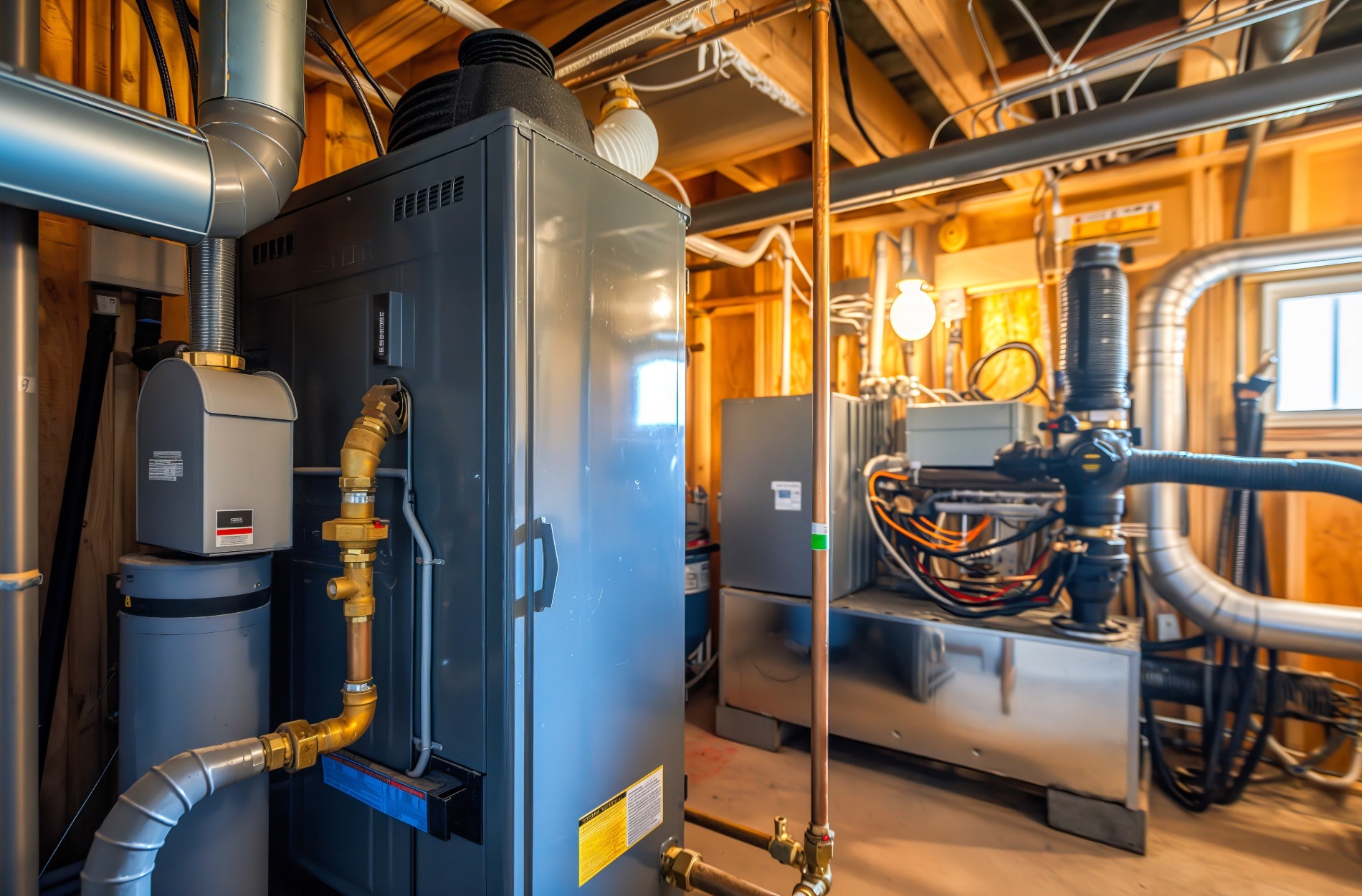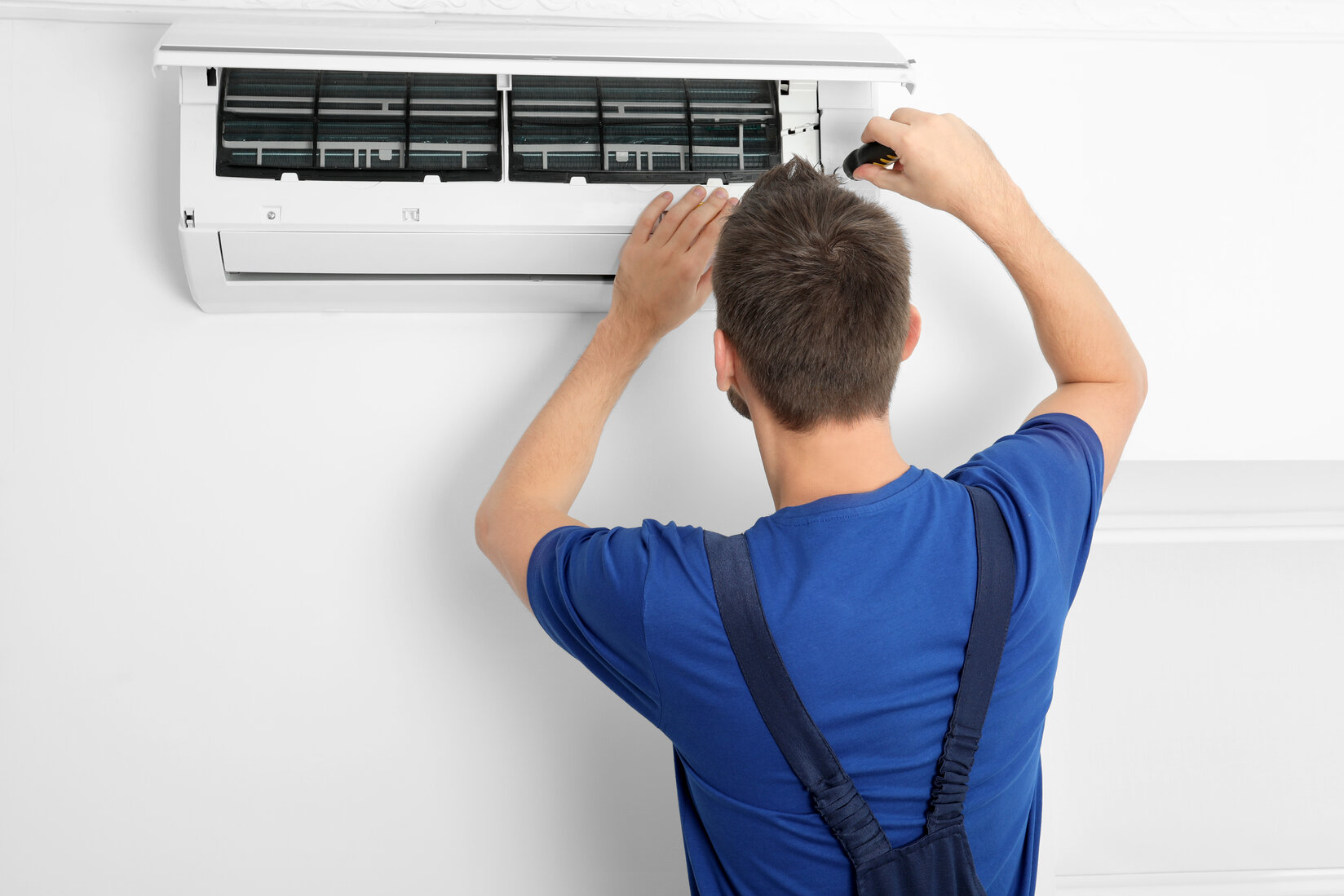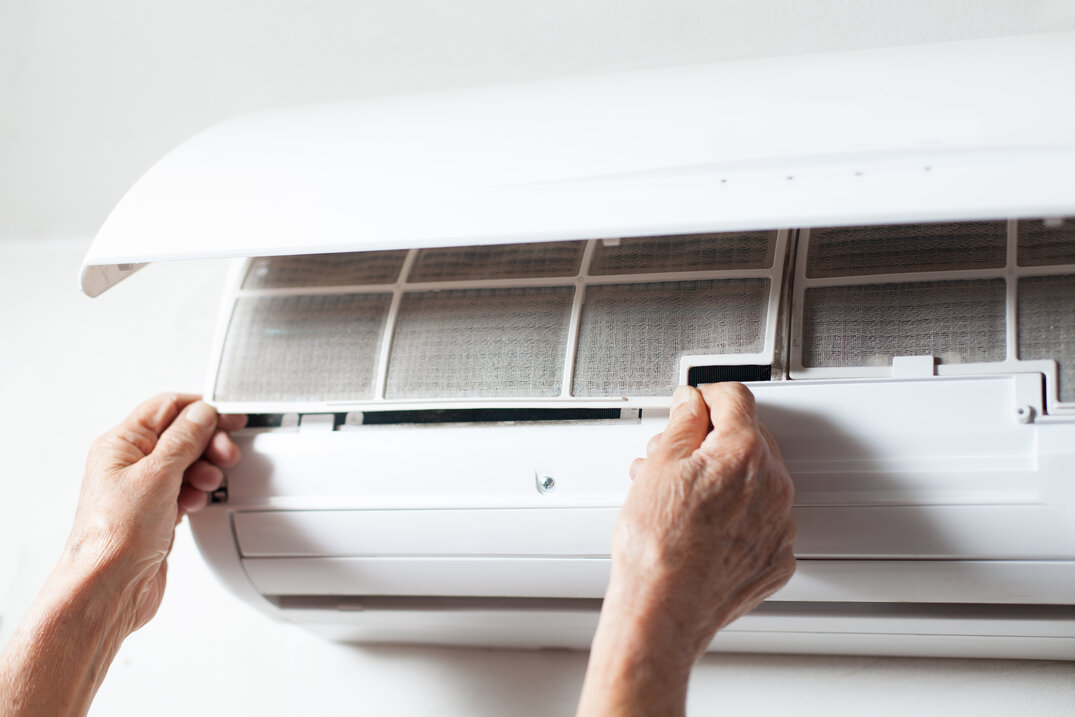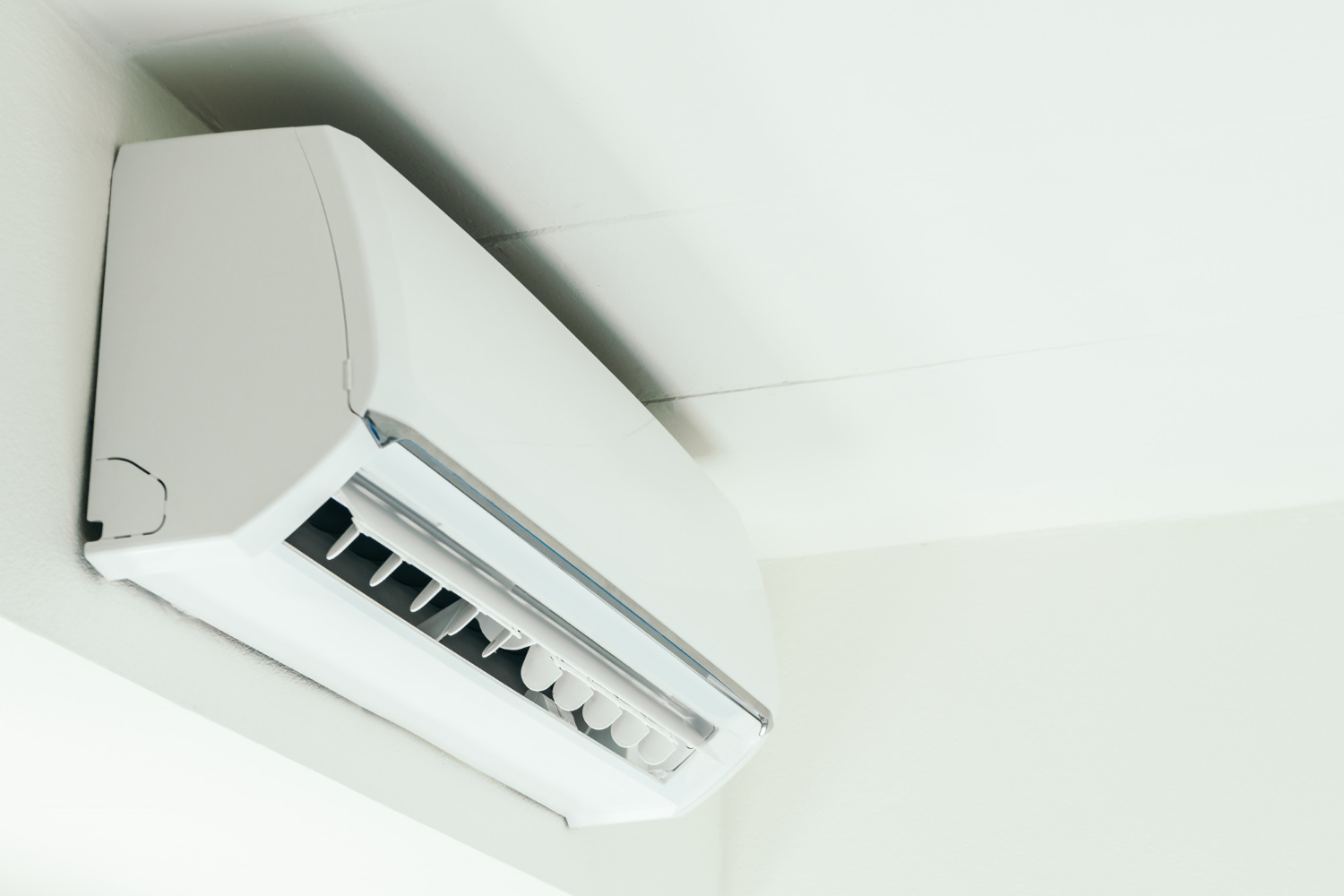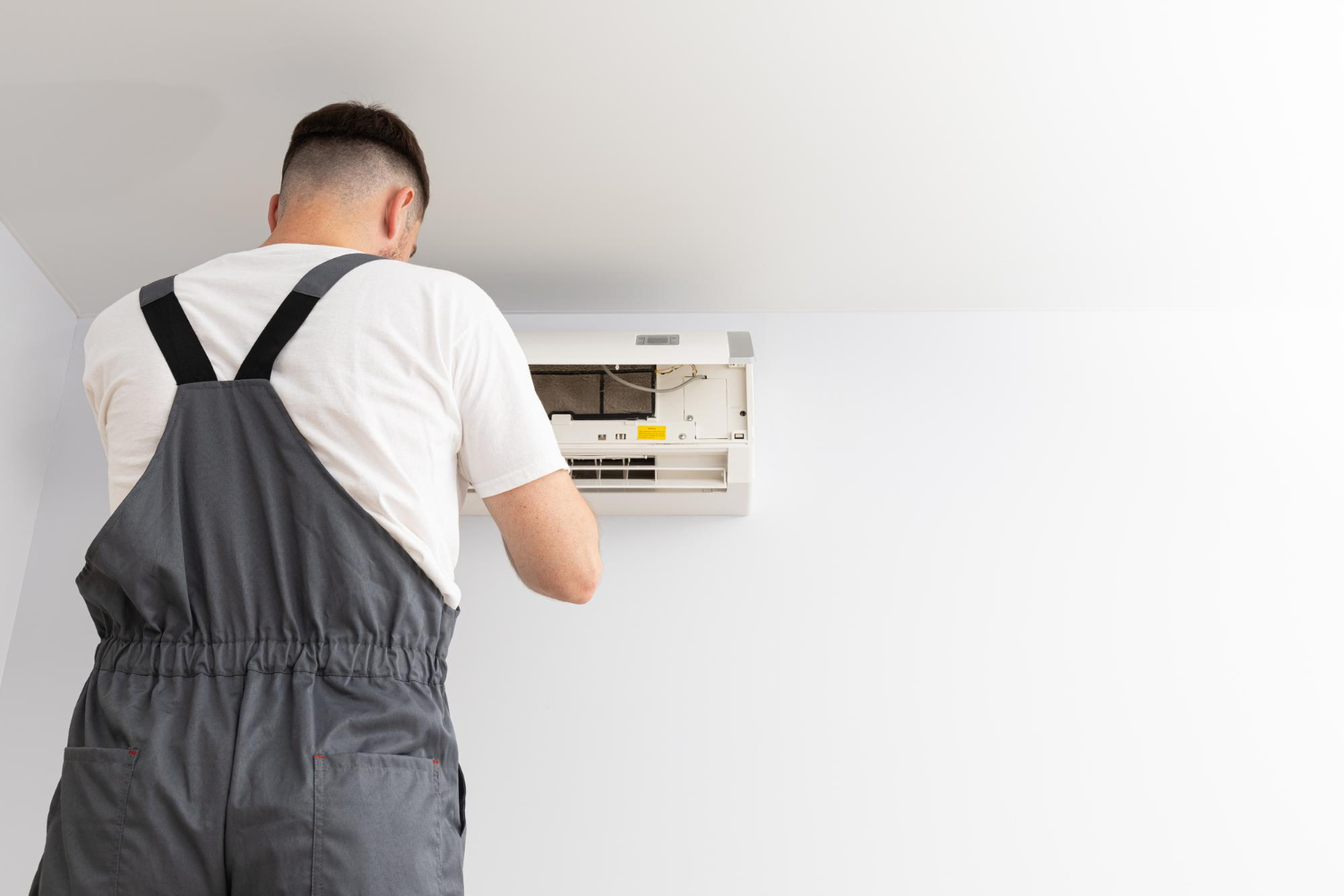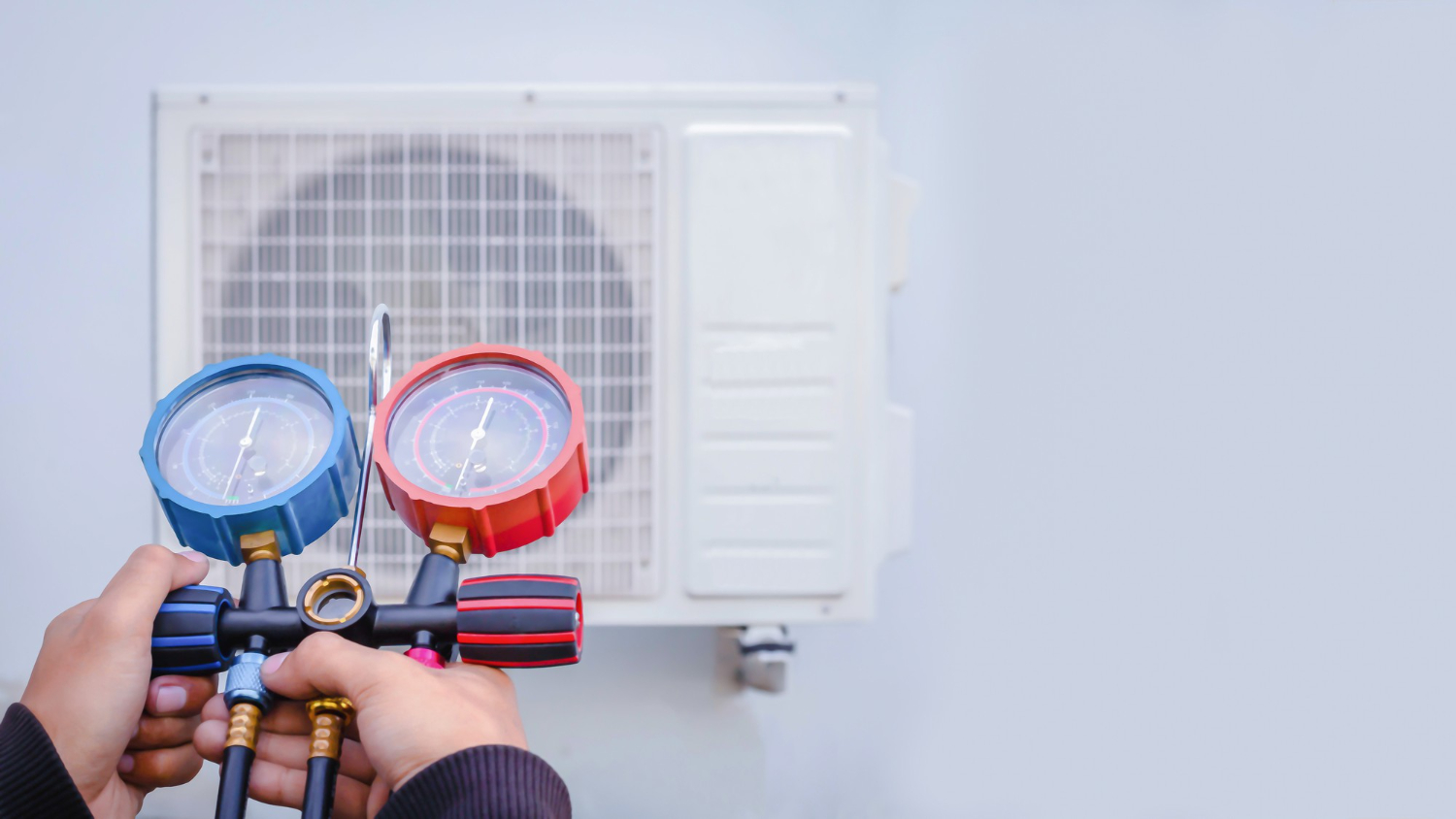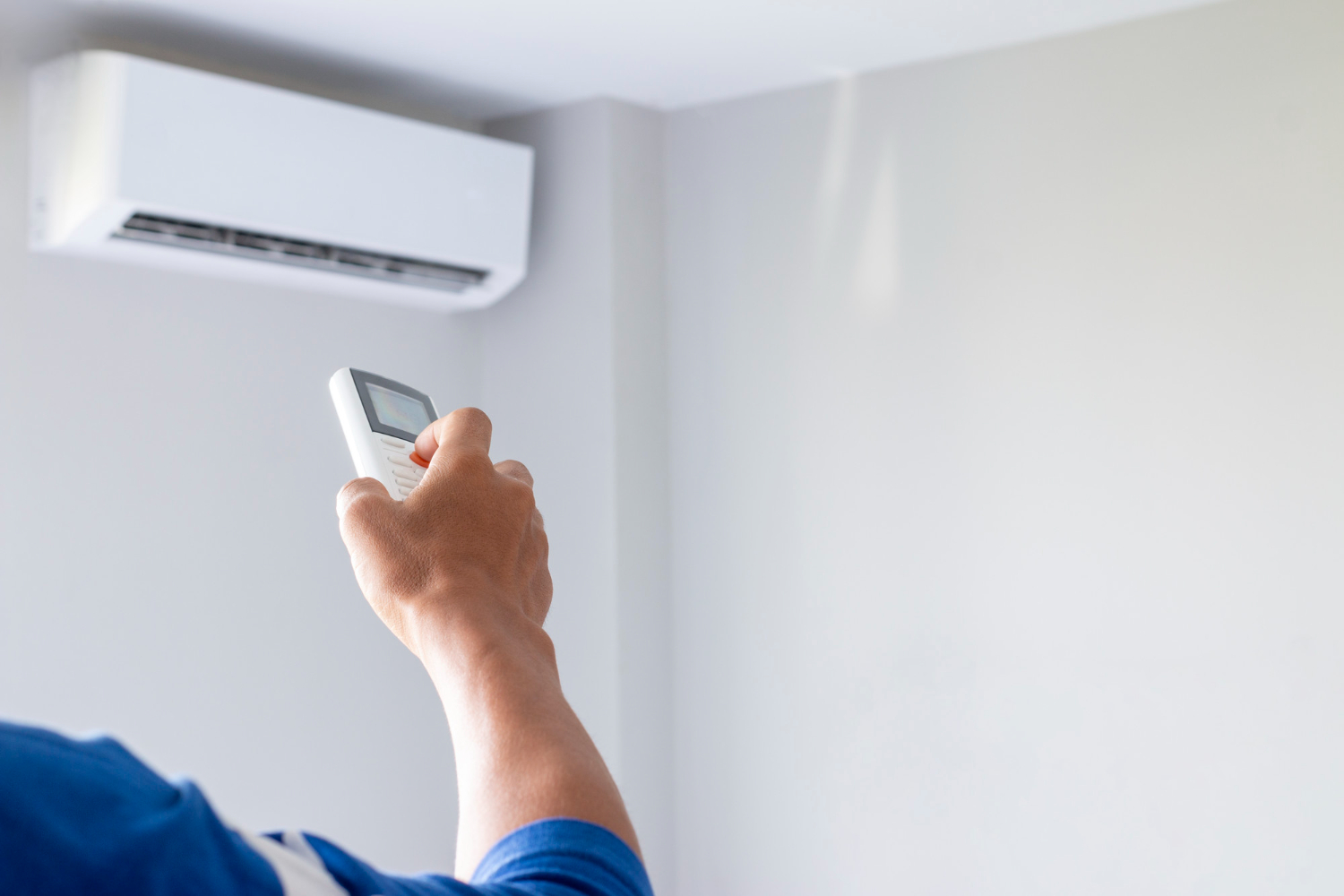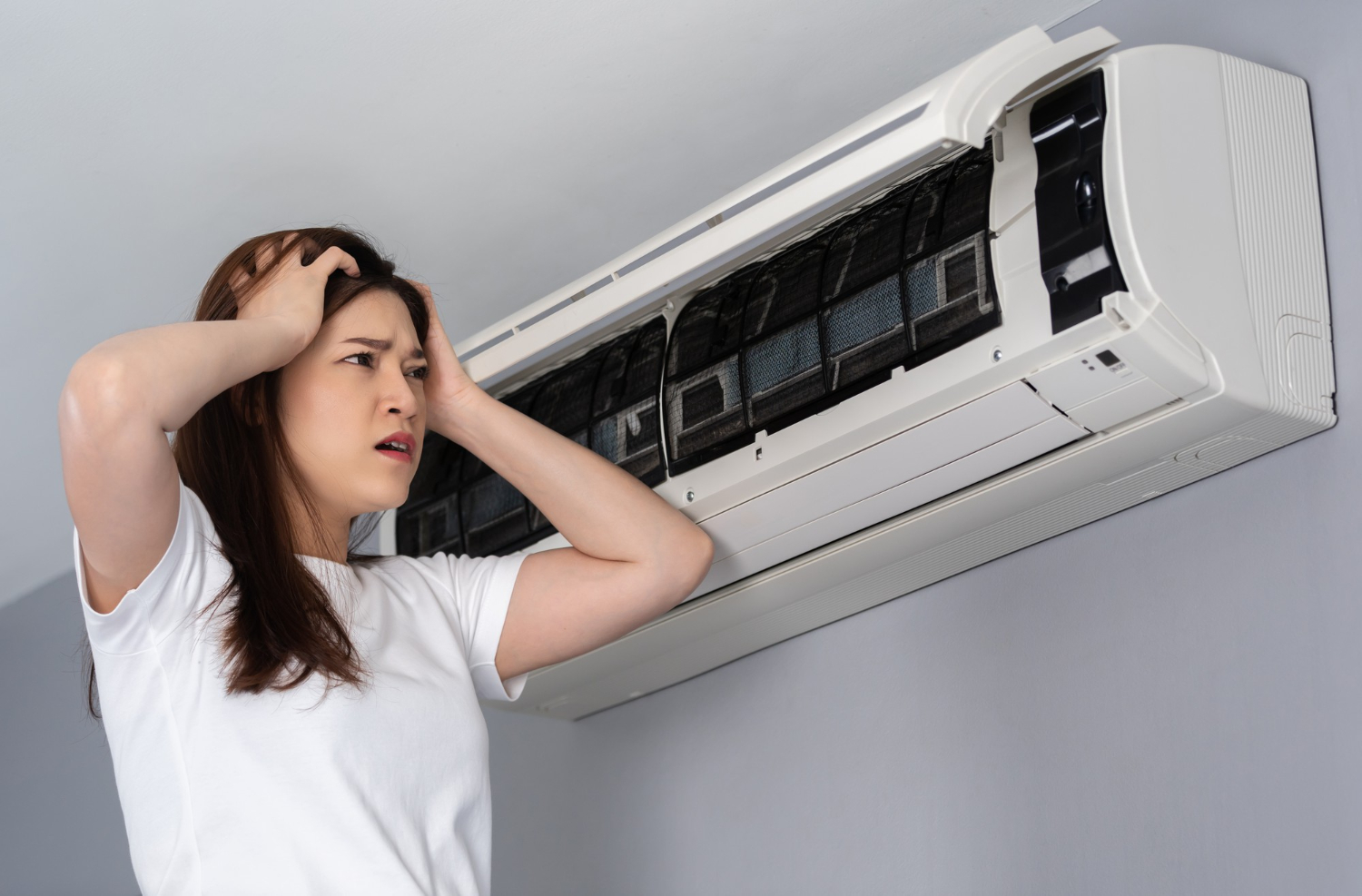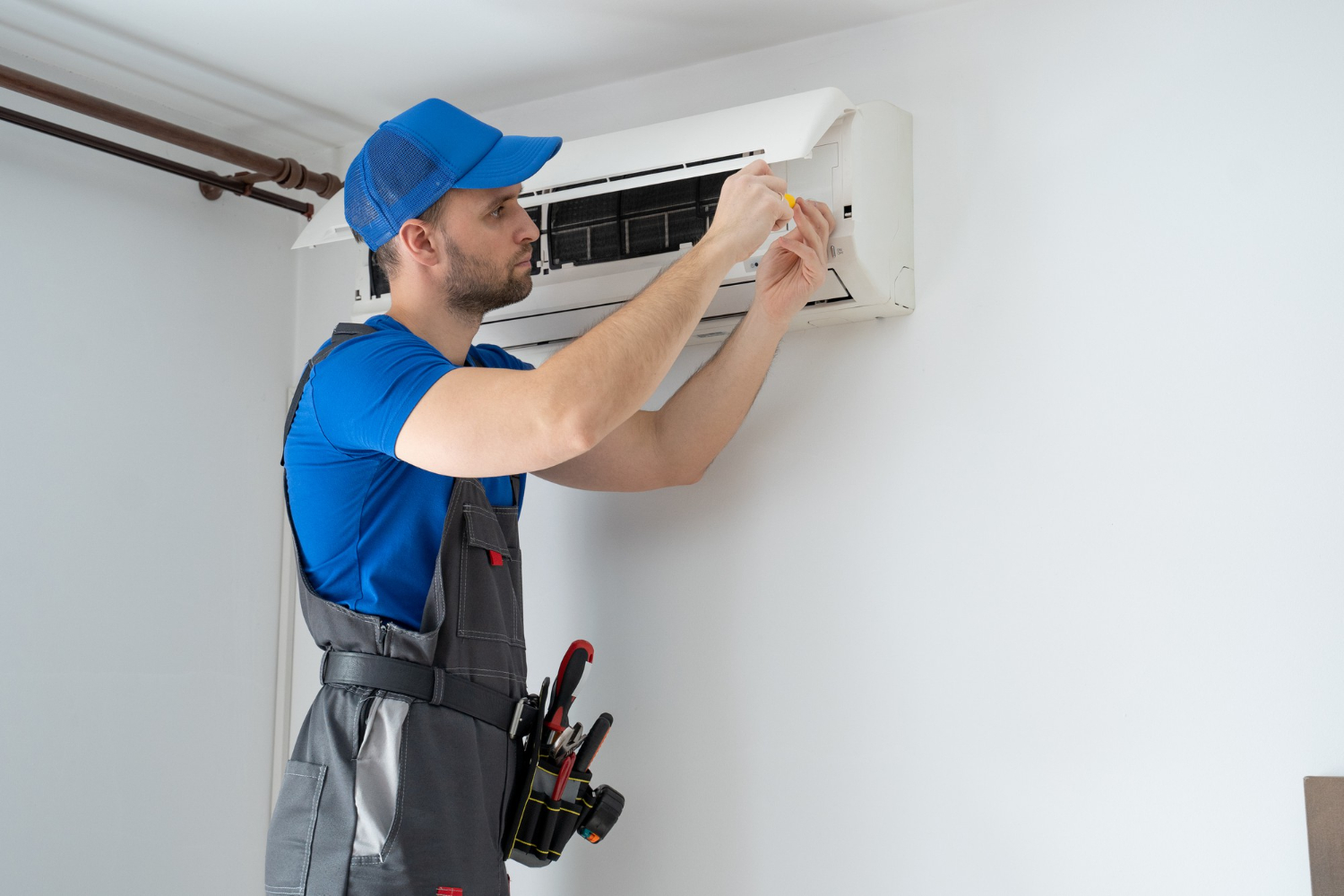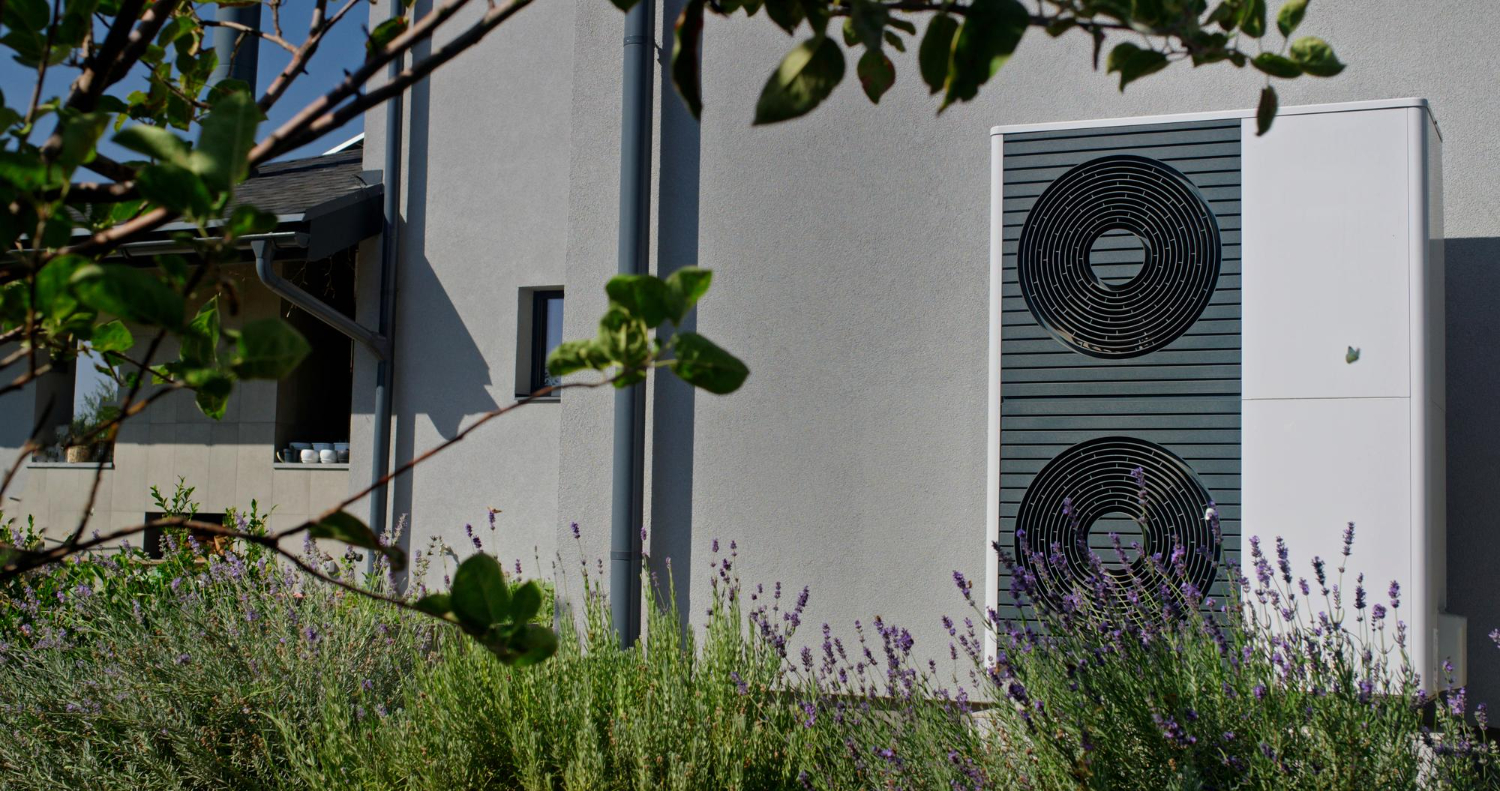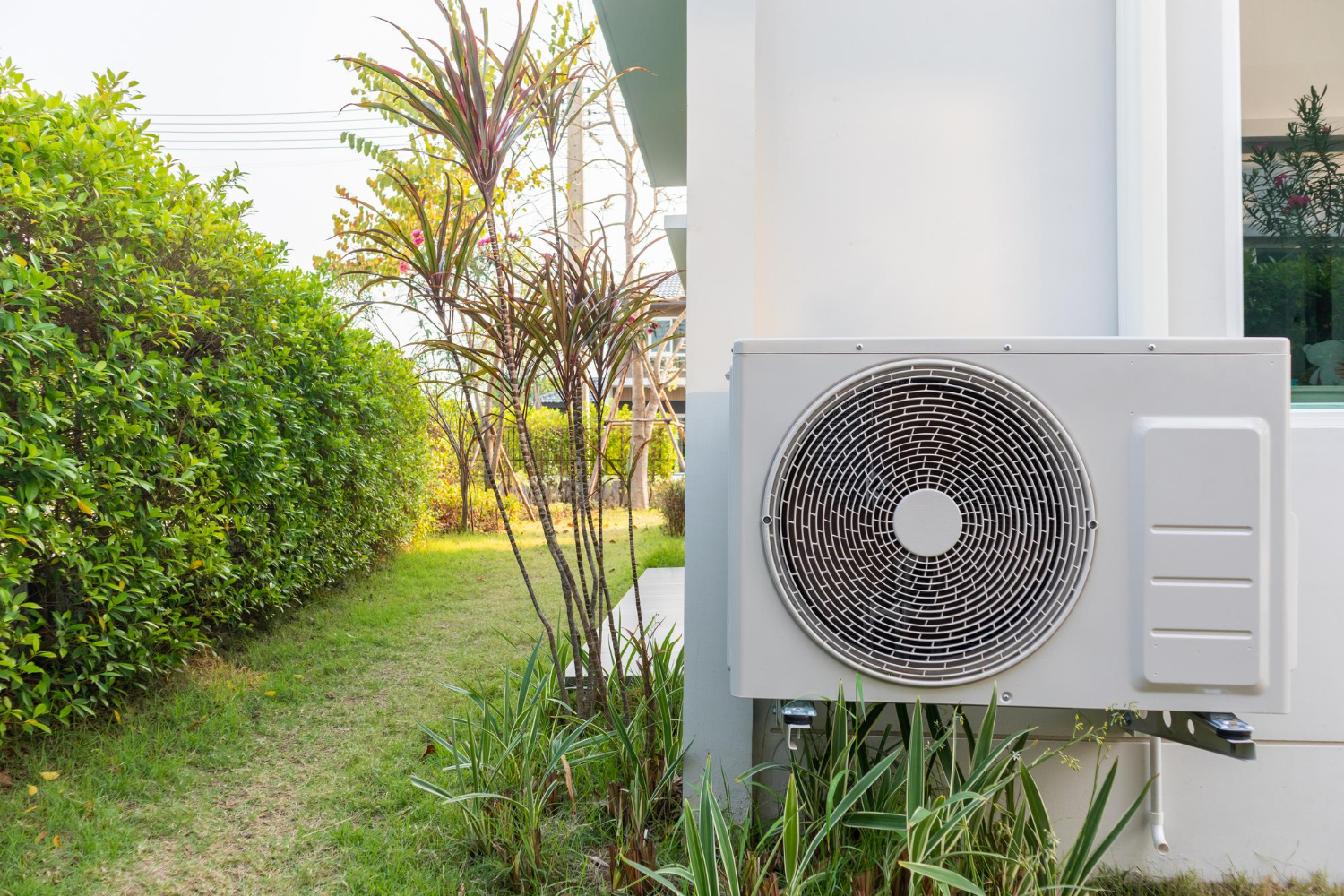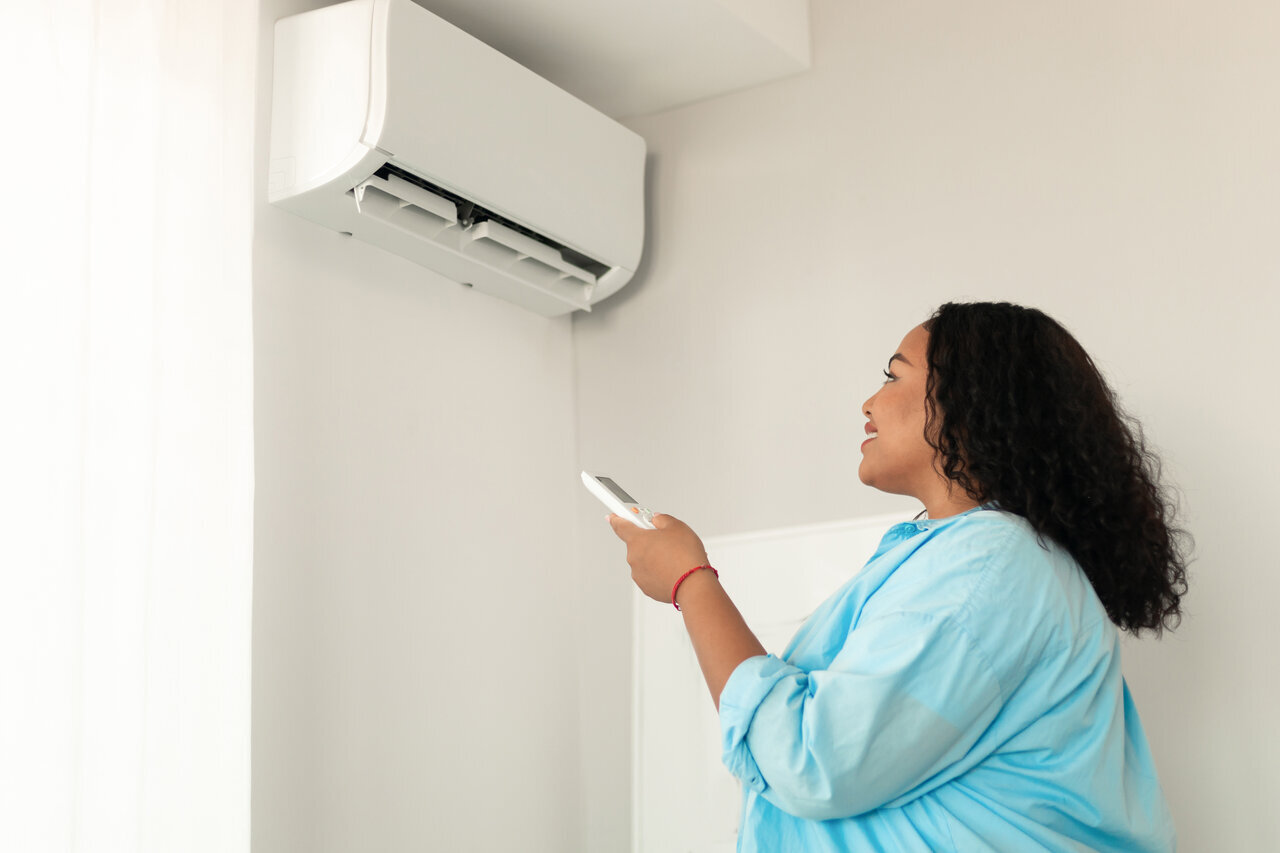Hearing a strange whistling noise from your air conditioner in Boyd can be frustrating, especially during the summer months when you rely on it most. While it might be tempting to ignore the sound if the system is still cooling, that whistling is often a red flag. It typically means something isn't working the way it should and if left alone, it can turn into a much larger issue.
Whether the sound is constant or only happens off and on, it usually points to a flow-related problem inside the system. This can affect the air your AC unit sends into your home, your comfort, and even your electricity bill. If you're hearing a whistling noise coming from your AC, you're probably wondering what's causing it and how to fix it without making things worse. Below, we’ll walk through some common issues that can lead to this problem and what steps you can take next.
Common Causes Of A Whistling Noise In Your AC
There are several reasons why your AC unit might start whistling, and most of them relate to how air moves through the system. Whistling usually means air is being forced through a tight space or obstruction. Over time, this causes stress on other parts of the system.
Here are some of the most common causes:
- Clogged or dirty air filters: A very common reason. Filters collect dust and debris to keep your air clean, but if forgotten for too long, they block airflow. That restricted path forces air to squeeze through, creating a high-pitched whistling noise.
- Leaky ductwork: If there's a small hole or gap anywhere in your duct system, air escaping can create a whistling sound. Even a tiny crack can cause noisy airflow.
- Closed or blocked vents: If one or more vents in your house are fully closed or covered, air pressure builds up. The AC tries to push air through limited spaces, and that can create whistling too.
- Too-small return vents: When the return vents are undersized for your AC system, it has to suck air through a much smaller opening than it should. That vacuum effect can whistle as it runs.
Picture this: you're trying to breathe through just one tiny hole in a straw. You might get some air flowing, but it’s going to sound strained and feel uncomfortable. Your AC is not much different when parts get blocked or airflow is restricted in any way.
Each of these situations forces air through narrow or unintended spaces, which leads to the noise. When it starts, it usually doesn’t stop on its own. Ignoring it often leads to reduced cooling performance or a system breakdown later on. The longer it continues like that, the more likely you’ll deal with additional wear on your components.
If you're hearing a whistling sound and your system recently had filter changes or maintenance done, the change itself could have caused something to shift. An out-of-place panel or a misaligned duct connection can easily lead to whistling if air starts slipping through gaps.
Before it turns into an expensive repair, it's smart to investigate the sound and rule out anything obvious. If it continues, even after checking filters or vents, it could be deeper in the system and needs a closer look from our technicians.
How to Troubleshoot Whistling Noises
If your AC is making a whistling sound, there are a few quick steps you can try before scheduling a repair. These checks can help identify a basic issue that’s easy to adjust or fix. That said, most deeper problems require technical know-how and the right tools to solve safely.
Here’s where to start:
1. Check your air filters – The most common cause of AC noise is a dirty or clogged filter. If your filters haven’t been changed in over a month or seem dusty, replacing them can make a big difference.
2. Open all the vents in your home – Make sure no vents are shut or blocked by furniture, rugs, or curtains. Even closing one or two can throw off airflow and lead to noise.
3. Inspect visible ductwork – Glance at any accessible ducting in areas like the attic or closet ceiling. Gaps or loose sections are a red flag. If you feel air leaking around joints, don’t tape them up yourself. Repairs need to be sealed professionally.
4. Listen for changes as the system runs – Try turning the system off for a few minutes, then back on, and walk to different rooms. Try to trace where the noise is coming from. If the sound is louder in one spot, that’s a helpful clue.
If you go through these steps and the noise continues, or if you notice weak airflow, fluctuating room temperatures, or higher energy bills, it’s time to let a technician step in. These are signs that filters and vents weren’t the root of the issue and your system needs deeper inspection.
It might be tempting to try and fix things on your own, especially if it seems simple. But without the tools and training, small changes can lead to bigger problems. Our technicians see this often. Someone tries to seal a duct or adjust a panel, and the system ends up more restricted. When that happens, parts like the blower or motor can wear out faster.
Preventative Measures to Avoid AC Whistling Noises
The best way to avoid AC whistling problems in the future is to stop them before they start. Preventative steps help your system work the way it’s designed to, with steady airflow and clean components.
Here are a few long-term habits that can protect your AC and keep the noise away:
- Change filters on time – Follow the recommended timing for filter changes, usually every 30 to 60 days for standard filters. If you have pets or allergies, you may need to replace them more often.
- Don’t close your vents – It might seem like a good idea to shut vents in unused rooms, but this puts pressure on the system. Keep vents open and clear to help air circulate well around your home.
- Schedule annual inspections – Regular servicing lets technicians catch duct leaks, improper pressure, motor problems, or airflow issues before they lead to noises or system breakdowns.
- Keep furniture and rugs away from return vents – These intake vents need room to pull in air. Blocking them adds strain, changes the pressure in the ducts, and leads to noise.
- Keep an eye and ear on performance – If the AC starts blowing weaker than usual, or you notice rising energy bills, strange sounds often follow. It’s better to get it looked at before it turns into a repair issue.
Making these steps part of your routine can go a long way toward keeping your AC running smoothly and quietly all summer long in Boyd.
Why Acting Early Helps Keep Your AC Quiet and Reliable
Spotting a whistling sound early can save you from more complex and costly problems. While it may not always mean something serious, it’s one of those noises that shouldn’t be ignored. Even a small issue in your ductwork or airflow system will only get worse under the constant workload of summer heat.
When you take action early, you reduce the risk of damage to parts like the blower or coils. More importantly, you keep your home cool without added noise or energy use. A system that works right feels better, sounds better, and costs less to run. Whether the issue is a clogged filter or something in your duct system, paying attention to it is the best way to avoid surprises during peak season.
If your AC continues to make an unusual noise, it may be time to have our professionals inspect your system to prevent further damage during the busy summer months in Boyd. At Family Comfort Heating & Air, we know that early intervention can help keep your home cool and quiet, so consider scheduling AC repair in Boyd to ensure your system runs smoothly. For a quick estimate or to book a service visit, please contact us today.
Related Blog

Flexible Financing Options
Stay comfy with 0% Financing for 12 Months on a new HVAC system through Synchrony and Wisetack! No hidden fees, no stress—just easy payments.













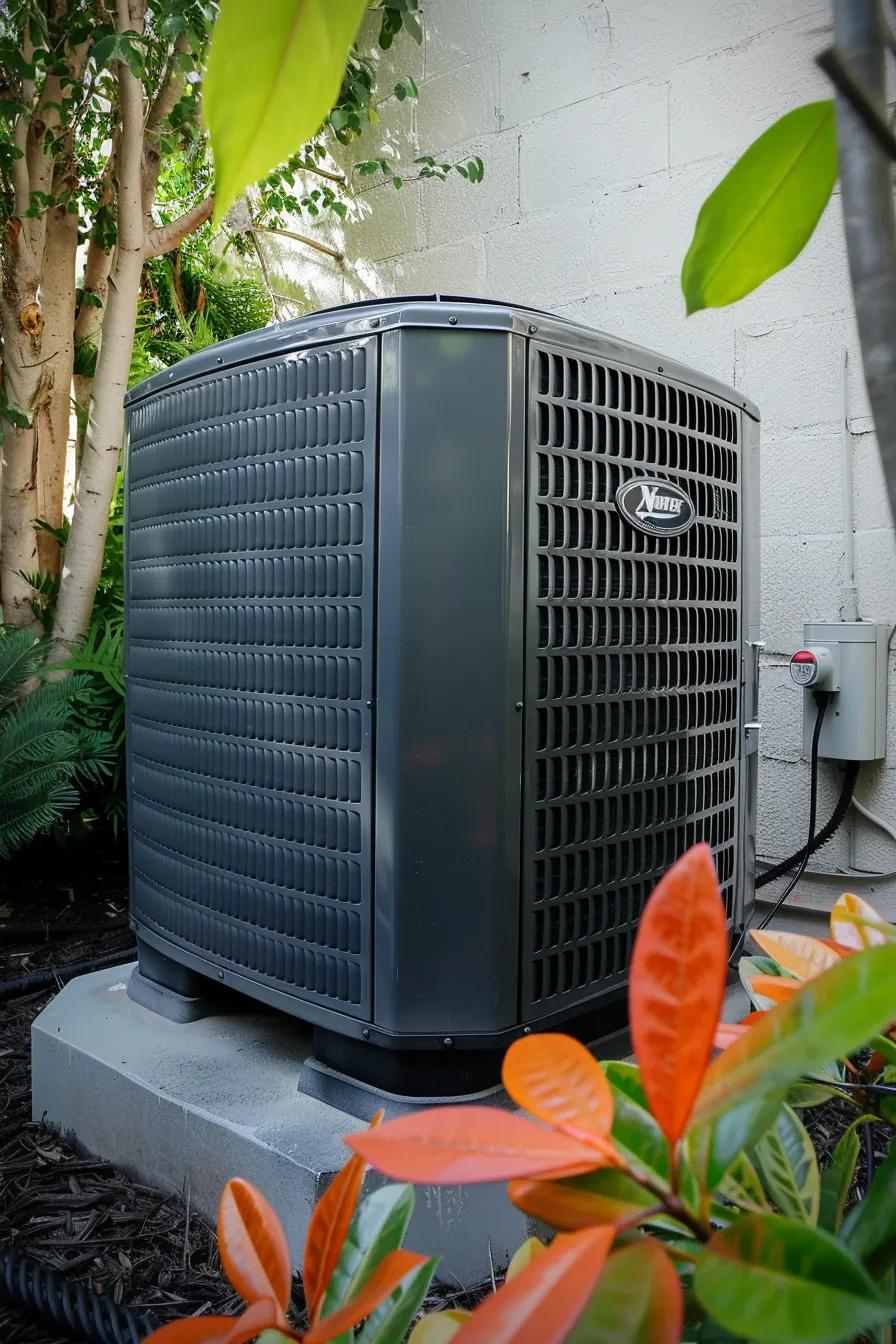

.png)
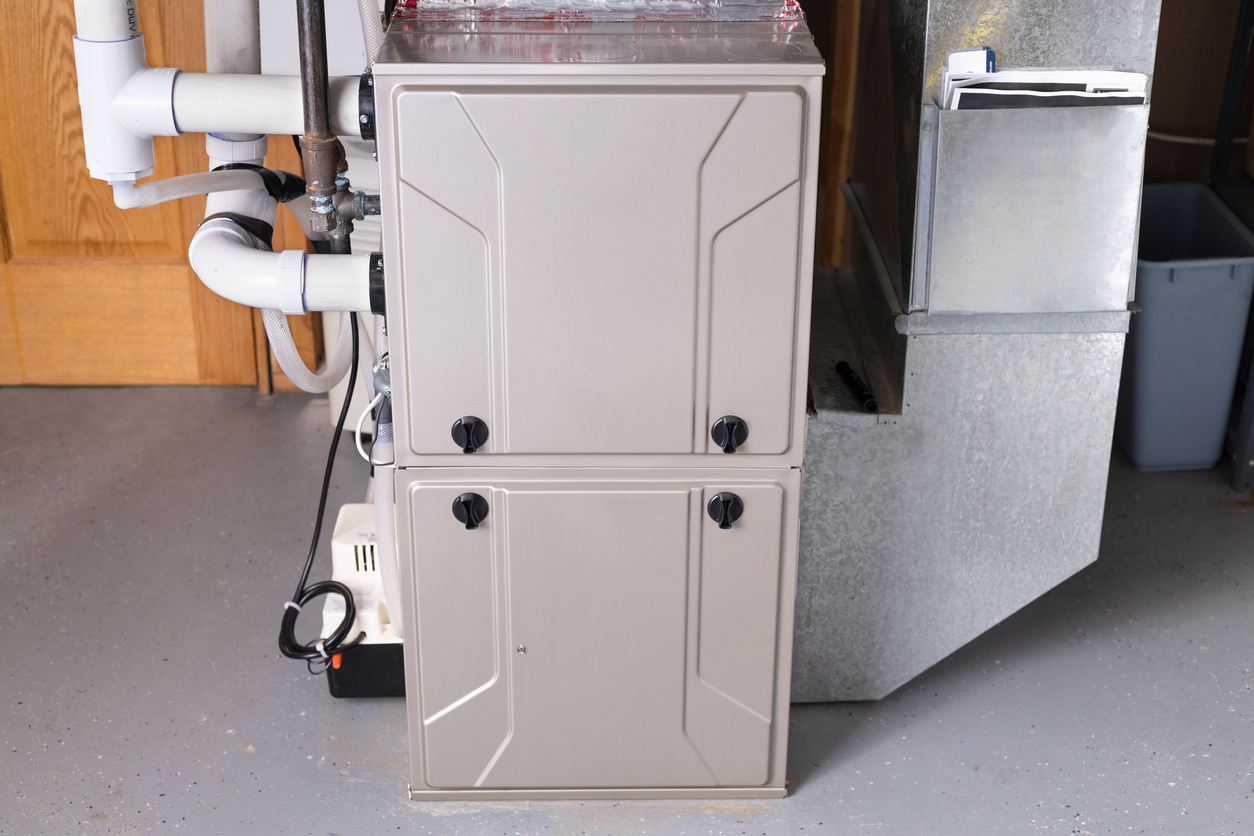
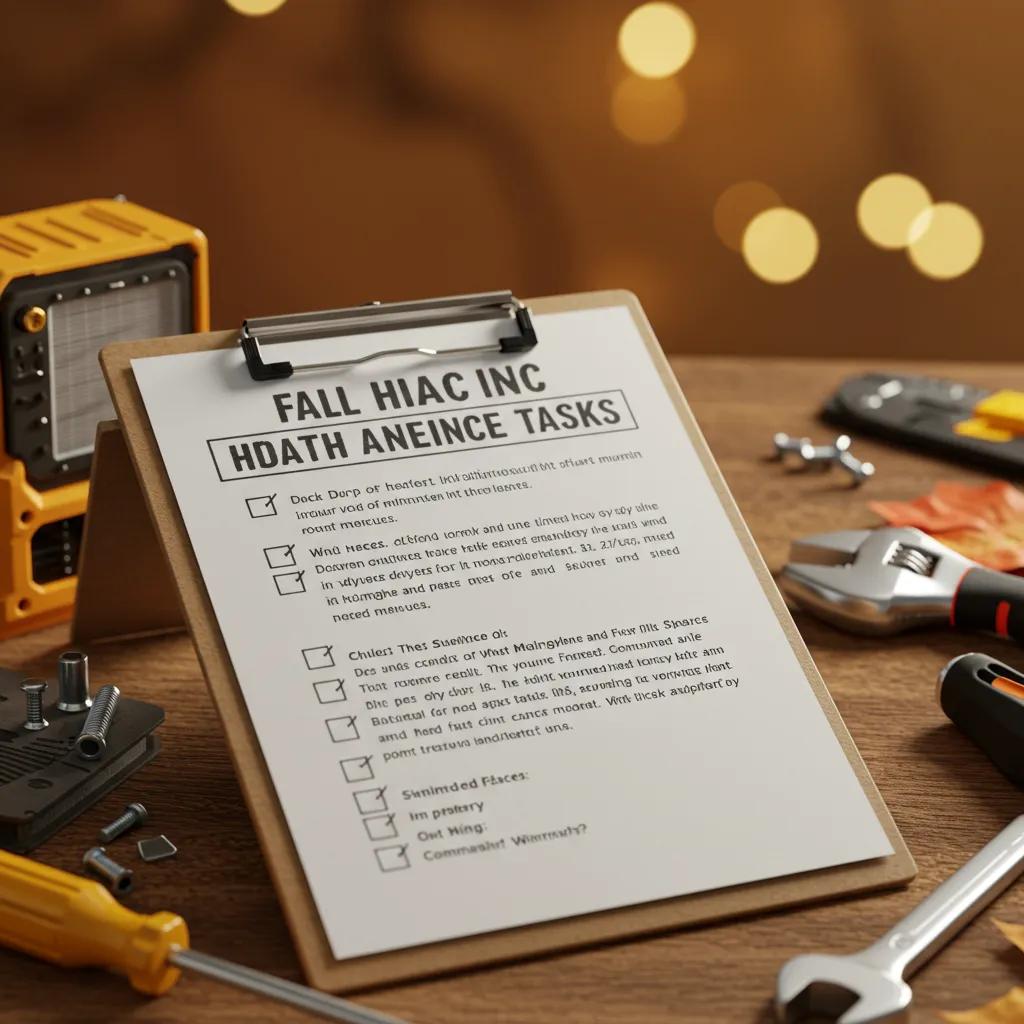
.jpeg)
.jpeg)
